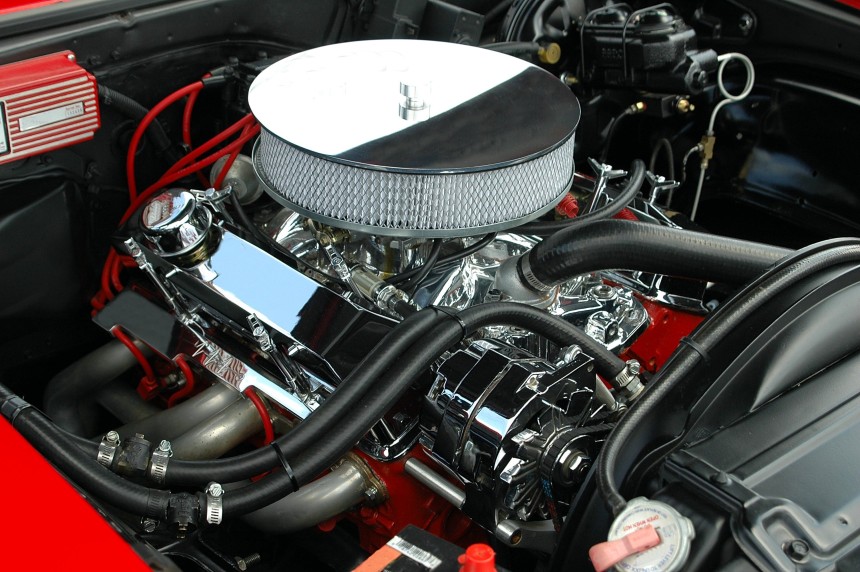How Does CC Mean in Engines?

The world of engines and automobiles is filled with a multitude of technical terms and acronyms that can be puzzling for the average person. One such term that often leaves people scratching their heads is “CC.” In this article, we will delve into the meaning of CC in engines, exploring its significance and shedding light on its role in the automotive and engineering realms.
Understanding CC:
CC stands for cubic centimeters, a unit of measurement used to quantify the engine’s displacement or capacity. Engine displacement refers to the total volume of all the cylinders in an engine, and it plays a crucial role in determining the engine’s performance and power. The measurement is expressed in cubic centimeters (cc) or liters, depending on the convention used in different regions.
Engine Displacement and Power:
The engine’s displacement is a key factor in understanding its power potential. In general terms, a larger engine displacement often correlates with more power and torque. When an engine has a higher CC value, it means that the cylinders can accommodate a larger volume of air and fuel mixture during the combustion process. This, in turn, allows for more powerful explosions and greater force applied to the engine’s pistons, resulting in increased power output.
Application Across Different Vehicles:
CC is a universal metric used in the automotive industry to describe the size and power of various engines. Whether you’re looking at motorcycles, cars, or other motorized vehicles, the CC rating provides a quick reference to the engine’s capabilities. For example, a 1.6L engine is equivalent to 1600 cc, indicating a moderate-sized engine commonly found in compact cars, while a high-performance sports car might boast a larger engine with a capacity of 3.0L or more.
Motorcycles often feature smaller engines, and their power is frequently denoted in terms of CC, making it easy for enthusiasts and consumers to compare different models based on their engine sizes.
Fuel Efficiency Considerations:
While a higher CC value often implies greater power, it’s important to note that engine efficiency also depends on various factors such as technology, design, and fuel management systems. Modern engineering has enabled manufacturers to develop engines that deliver impressive power while maintaining fuel efficiency, challenging the traditional notion that larger engines are always less fuel-efficient.
Conclusion:
In the world of engines, understanding the significance of CC is crucial for anyone looking to grasp the basic mechanics behind a vehicle’s power. Whether you’re a car enthusiast, a prospective buyer, or someone seeking a deeper understanding of automotive technology, knowing what CC means in engines provides valuable insights into the performance capabilities of different vehicles. So, the next time you come across a car specification mentioning CC, you can confidently decode its meaning and appreciate the engine’s potential.



